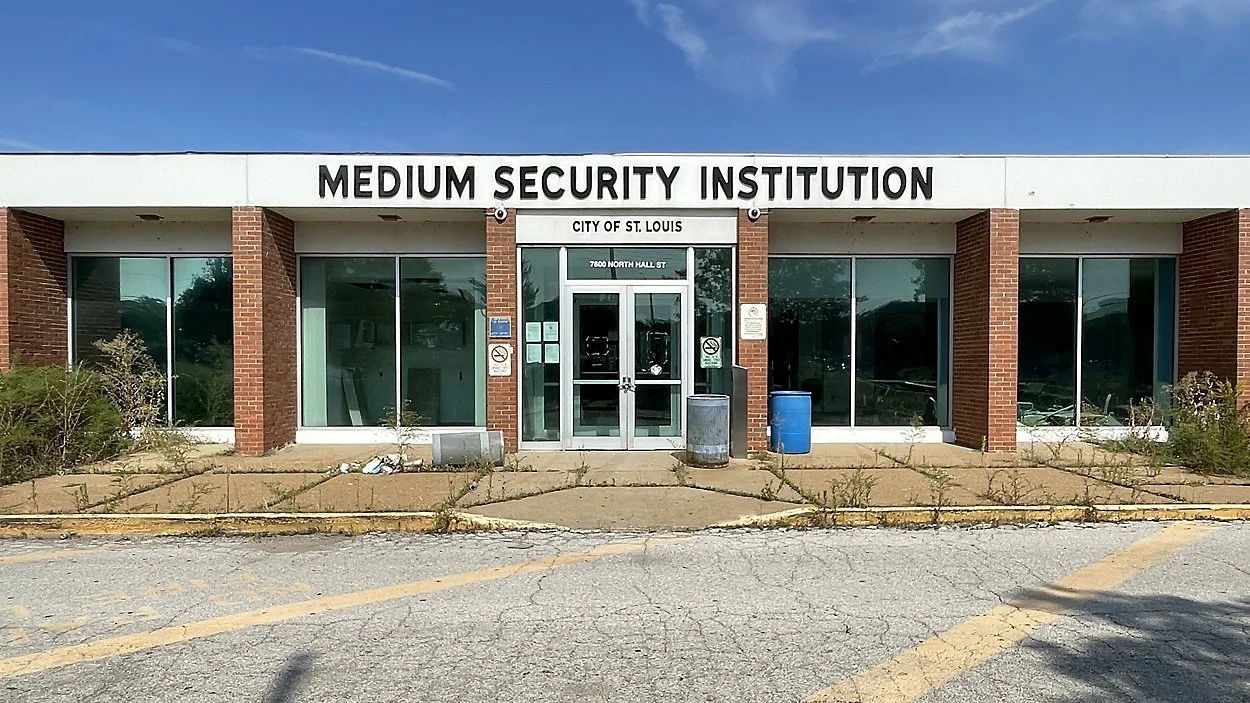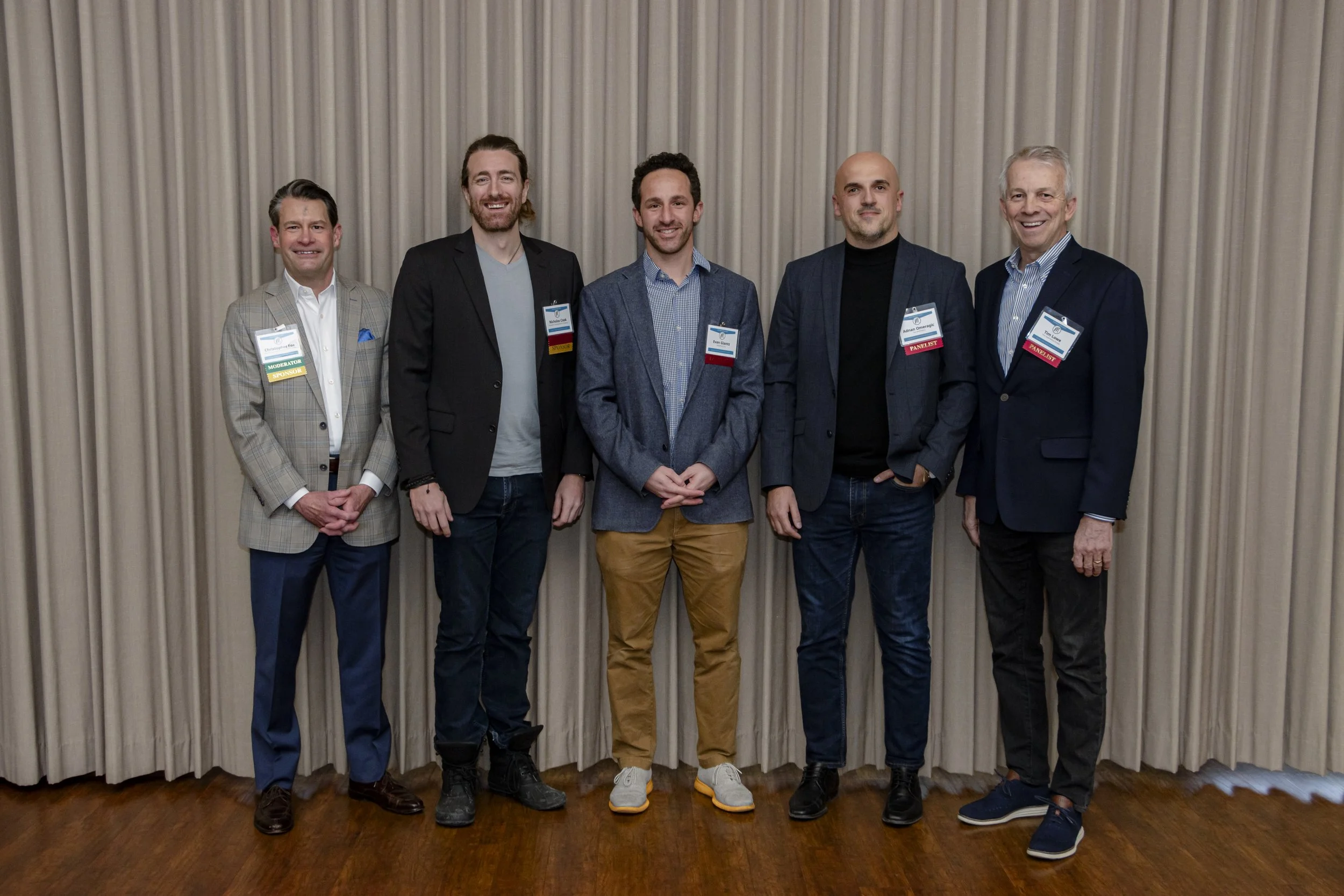Feature photos: Drew Edelstein, Lawrence Group
Early business succession planning maximizes benefits for owners and successors
Reminders for homeowner and condominium associations following the Surfside tragedy
The devastating partial collapse of the Champlain Tower South condominium building in Surfside, Fla. on June 24, 2021 is raising many legal questions about the condominium association’s responsibilities, transparency and potential liabilities in the events surrounding the catastrophe.
While it may take months, or even years, for these questions to be resolved in the courts, there are important actions that homeowners and condominium associations should take to protect themselves, their owners and their properties from avoidable tragedies and unnecessary losses stemming from inadequate maintenance and planning. Below are actions associations should consider:
Seek Expert Advice. Hire and rely on experts in their fields for advice when needed and err on the side of caution when concerns arise over property or financial issues. Hire someone with expertise relevant to the issue(s) at hand and take their advice seriously. Share concerning reports with owners and residents, particularly when confronting life safety issues.
Conduct a Transition Study. A key milestone for newer homeowner and condominium associations occurs when the property transitions from builder to owner control. It is wise to conduct a transition study so the Association’s board knows if the development it is taking responsibility for was properly constructed or if there are shortcomings that need to be addressed by the builder and/or Association. A transition study involves hiring a professional to review the property to confirm it was properly constructed according to the plans and complies with applicable building and municipal codes.
Conduct a Reserve Study. Associations of any age should consider conducting a reserve study to fully understand their long-term financial obligations to properly maintain their property. A reserve study typically involves 1) hiring a professional to review the property and the community’s governing documents, 2) laying out the maintenance, repair and replacement costs of the items that are the Association’s responsibility, and 3) funding the association’s reserves to be able to pay for known future expenses.
Scheduled Maintenance. Regularly schedule inspections of the property to look for items requiring association maintenance, repair and/or replacement, and act on the items needing work. As the Surfside tragedy has painfully shown, deferring important maintenance can lead to disastrous consequences. Even lesser deferred maintenance can have serious implications. Discretionary aesthetic repairs, on the other hand, are typically not required maintenance items and are often within the board’s discretion.
Maintain Proper Insurance. Properly insure both the property and the association board. Consult with an insurance broker who is knowledgeable about homeowner and condominium associations to be sure you have the right and sufficient coverage in place. Hire experts and contractors who also maintain proper insurance and are experienced in handling properties like yours.
Be Transparent About Financials and Additional Assessments to Owners. Nobody likes increases in assessments; however, our homes are the biggest investments most Americans make. It is important that the Association is properly funded to handle current maintenance needs and to reserve for future anticipated needs. Costs increase for all businesses over time, including for the regular operational and maintenance expenses for homeowner and condominium associations. Associations must be realistic about their financial needs. Boards should regularly share budgets and other related financial records with the owners that show the community’s overall financial situation and explain future financial needs. Transparency and open communications go a long way in reaching broad owner consensus to keep the association fully and properly funded.
Upfront planning by association boards and owners for long-term property maintenance is a wise investment that can protect the association, its owners and their property investments from issues down the road.
Stephen G. Davis is an attorney with Carmody MacDonald P.C. in St. Louis and represents more than 200 Homeowner and Condominium Associations throughout the St. Louis area. He is also an active member of the Community Associations Institute – Heartland Chapter.
Restaurant and gym to anchor next phase of The Junction in Wentzville
Junction House, an upscale, full-service restaurant and bar will anchor the next phase of The Junction, an 18-acre Mia Rosa Holdings development located at the intersection of Lodora Drive and I-70 in the heart of Wentzville, Mo.
The 9,400 SF multi-level eating and drinking establishment restaurant with a twist on casual sports dining includes a main restaurant area, a large covered outdoor patio, and a 1,500 SF open-air rooftop suitable for both public use and private events. All three areas of the restaurant will be equipped with a full-service bar and seating for dining.
F45, a new fitness gym, will occupy the remaining 3,000 SF of retail space in the new building and will be located adjacent to Junction House.
The Junction House concept was developed by local entrepreneur and restaurateur, Keith Horneker, along with a group of five other St. Louisans with more than twenty years of combined experience in the local food and beverage industry.
“Our vision is to redefine casual sports dining through handcrafted foods and signature mixed drinks to be enjoyed in an atmosphere like none other in the very fast growing Wentzville area,” Horneker said.
“We will offer more of an upscale type menu showcasing a wide variety of unconventional burgers and flatbreads along with traditional bar cuisine such as sandwiches and pizzas and an assortment of pastas and entrees that are attributed to my Italian heritage.”
The new restaurant and gym will join Holiday Inn Express, which opened last year, Junction Apartments, set to open in May 2020, Sugarfire Smoke House, which opened a few months ago, multiple sand volleyball courts and 10,000 SF of retail space with open availability for additional tenants.
“It’s a really exciting time to be developing in this area, and we’re very excited to finally be able to bring our vision to life and do so in a great city such as Wentzville,” said Horneker, a Wentzville area resident.
Both the restaurant and the gym are scheduled for completion in August 2020.
Sullivan Bank is providing $4.3 million in construction financing for the project. Other project partners include LayneCo Construction Services, Gray Design Group and Patrick Wittenbrink of Carmody MacDonald P.C.







